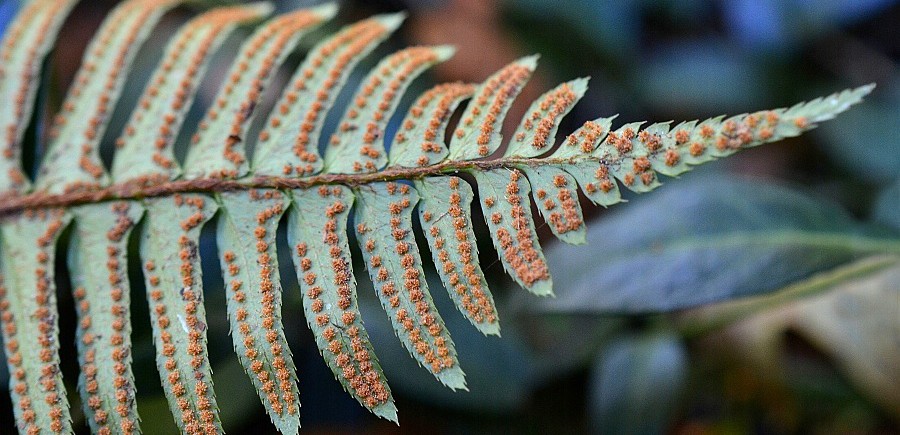
A bird does not sing because it has an answer. It sings because it has a song.
—Chinese Proverb
🌿 🌿 🌿
The spring of 2013 began like any other. Trilliums poked their heads through the soil, and birds sang sweet, flirting choruses; choruses that would attract mates that would lead to nest-building and rearing a new generation of songsters.
Our days filled with the songs of robins, song sparrows, spotted towhees, warblers, jays, crows, woodpeckers, and others. To jazz things up a bit, there was the cooing of band-tailed pigeons and high-pitched whistles of mountain chickadees—both delightful, and a rare sight in our neck of the woods. While the mountain chickadees visited only a few days, the timid band-tailed pigeons stayed with us all summer.
Of our resident chickadees, the chestnut-backs outnumber the black caps. There was an increase among our song sparrow clan, and the charming winter wrens as well. Their music is utter joy! No need to put a cd in the player when all I have to do is open a window to hear their serenade. Another surprise was the number of American robins we saw. Of our almost sixteen years of mountain living, robins, despite being a forest dwelling thrush, were tough to come by. On average, we’d see one, maybe two pairs if we were lucky, but now there were twenty! From spring to the end of summer, we delighted at the sights and sounds of robins in our woods.


The woods were bustling with birds. Yet, I couldn’t shake the feeling that something was missing. It wasn’t until fall of 2013 that I realized I hadn’t seen or heard a red-breasted nuthatch in months. This was a first, and I deeply missed their voice; their nasal song that sounds like an elfin horn. In some locals, the red-breasted nuthatch migrates, but west of the Cascades they are year-round residents. If ours did migrate, this would be a first in the sixteen years I’ve been keeping notes. Still, it wouldn’t explain their absence during the spring and summer months. It must be something more, and as much as I didn’t want to believe it, it was true; our most frequent year-round resident was gone.
I remember our third spring in the mountains when a brood of red-breasted nuthatches had just fledged. I was pulling invasive weeds around a Douglas-fir when I felt a tap on my left shoulder. I turned, and there was a nuthatch! The immature bird shivered. Its breath was rapid. Its claws gripped my sweater like a vice. I couldn’t have pried them loose if I wanted to, which of course I didn’t want to. Instead, I went about my weeding all the while wearing the little darling like a brooch. Ten minutes later, the baby nuthatch, having collected its bearings, released my sweater and flew to the fir tree just a few feet away where it was promptly received by its parent that stuffed an insect down its throat.
Not a day passed for what I didn’t watch and listen for the nuthatches return. Each day, week, and month that passed raised more questions. Were disease or toxins the culprits? Did the nuthatches migrate? And if so, what triggered it? Our winters lately have been very mild, yet even when they weren’t I’ve observed nuthatches during very cold and very snowy conditions.
January 21, 2014 was another sunny day, and so I took a break from my writing to soak it up. As I stood on the deck letting the sun warm me, I heard it! The sound of a tiny horn; a sound I’ve been waiting to hear for twelve months. It was the long-lost red-breasted nuthatch. It landed in front of me clinging to the suet, and jabbed it fervently. As for why they left and what brought them back is for now a mystery; a mystery I will continue to ponder. For now though, I am jumping inside! The nuthatches are back!
____________________
Copyright 2014. All rights reserved.
Thank you for visiting Nature Chronicles!
